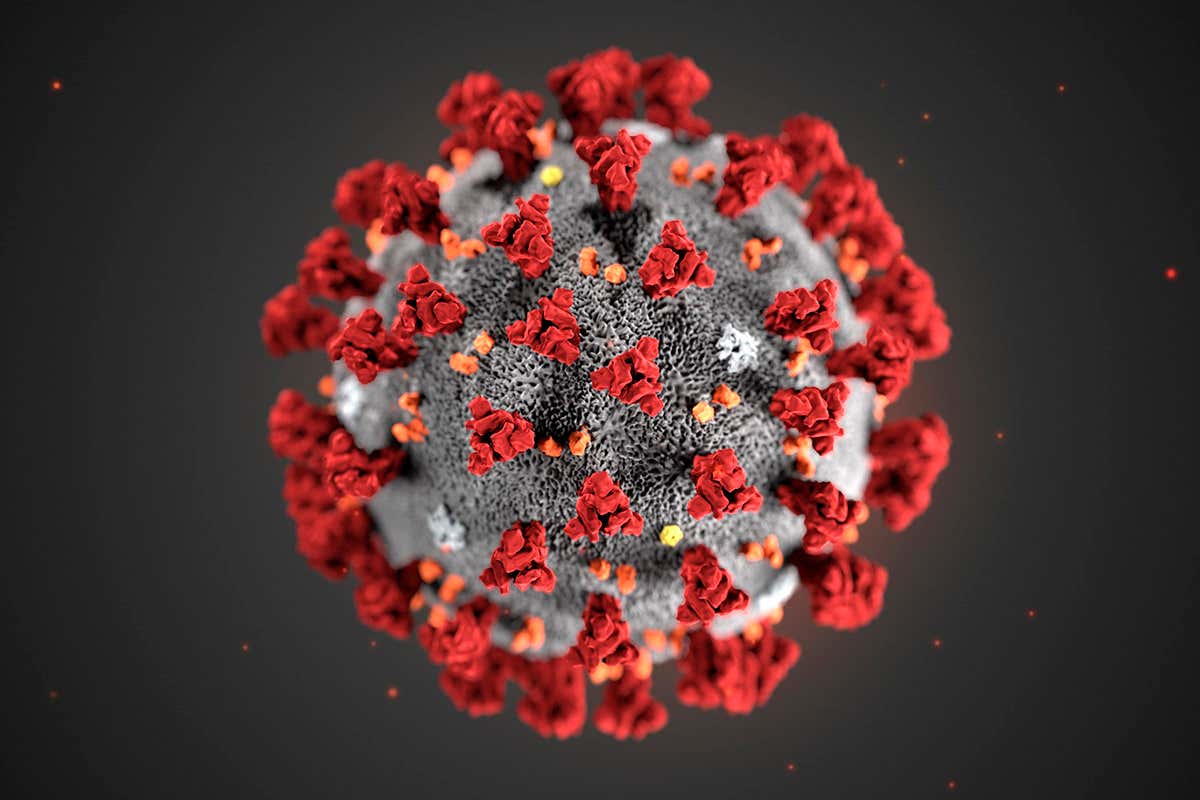
How COVID-19 affects the implementation of the SDGs: tough challenges and green plans for the future
According to the United Nations, the pandemic has been an unprecedented wake-up call for governments, businesses and people themselves. It has laid bare deep inequalities and exposed precisely the failures that are addressed in the 2030 Agenda.
In this digest issue, we look at how the world is moving towards achieving the Sustainable Development Goals and how to stay on track in the trying times of the pandemic.
1. All the 17 SDGs affected by COVID-19
International organisations and experts agree that the spread of the coronavirus infection and related economic problems have had a negative impact on sustainable development indicators with regard to all the SDGs.
According to the UN Environment Programme’s experts, the pandemic has exposed that the gains made in addressing poverty and hunger and achieving good health and wellbeing might face serious setbacks unless the global community takes the same resolute action to implement the SDGs as it is currently taking to counter the spread of the coronavirus infection.
UN Environment Programme Executive Director Inger Andersen cautioned that some visible, positive impacts of the pandemic—whether through improved air quality or reduced greenhouse gas emissions—were but temporary as they had come on the back of a tragic economic slowdown.
2. Green plans are key to future success
Calls for green recovery plans are being made worldwide, with international organisations (International Monetary Fund, World Bank) echoing concerns voiced by experts, leading economists, major global companies and investors.
The UN experts believe that any positive environmental impact in the wake of the pandemic must translate into making our production and consumption habits cleaner and greener because only long-term systemic shifts will change the trajectory of CO2 levels in the atmosphere. So, the crisis recovery phase presents a convenient opportunity for setting such trends through investments in renewable energy, smart buildings and green public transport.
Canada’s International Institute for Sustainable Development has analysed the economic stimulus packages adopted in Europe and Asia and identified four areas of opportunity in terms of SDG progress, including buildings, mobility, nature restoration and clean energy.
3. Greater focus on sustainability assessment and SDG promotion
You cannot get results without setting the right goal. Yet, for the goal to be achieved, it is important to devote as much time as possible to promote an appropriate agenda and to assess the results of the work done so far.
To assist countries in this process, the World Bank proposes a sustainability checklist providing more detailed information on all the key criteria governments might need to assess when planning their economic recovery interventions. These include the geographical distribution of stimulus activities, their impact on addressing social inclusion issues and contribution to improving skills and productivity.
Another example is the USD 4.25 bn bond issue by the Inter-American Development Bank, which is aimed at promoting SDG 3 in the area of health and wellbeing.
4. How SAIs are engaged in SDG-related activities
Progress in achieving the Sustainable Development Goals largely depends on effective monitoring, analysis and control of this process. With the overall conditions for achieving SDG targets deteriorating as a result of the COVID-19 pandemic, SAIs are playing an increasingly important role in assessing national government performance. Moving from audit of preparedness to assessment of progress in implementing the SDGs, SAIs are rethinking not only their work plans but also some priorities.
The European Court of Auditors has revised its 2020 Work Programme because of the COVID-19 pandemic. The scope, approach and timing of several ongoing tasks have been adjusted. The ECA has added two new reviews to its work programme: on the EU's contribution to health development and on economic policy responses to the pandemic.
In its performance audit report “Promoting Sustainable Development,” the Audit Office of Finland concluded that agencies should systematically assess whether their activities are in line with the Sustainable Development Goals. The costs of activities related to promoting sustainable development should be assessed regularly and thoroughly.
5. Russia’s role in implementing the SDGs
Last week, we presented the results of analysing the government system’s preparedness for implementing the Sustainable Development Agenda and we can say with confidence that Russia is ready, by and large. Yet there are several problems involved in understanding the mechanisms for its implementation, distribution of responsibility and management. Even so, it is always important not only to explore a certain topic from the inside but also to compare the results with external evaluations.
A special Sustainable Development Goals Index (SDG Index) has been developed for measuring the implementation of the SDGs. Russia scored 70.9 points based on the results of the cross-country analysis measuring the SDG implementation progress in 2019. The list is led by the developed European nations. Russia ranks 55th. It is worth noting that, when calculating the SDG Index for Russia, the experts marked Goal 1 "Eradicating Poverty" as having been achieved, giving it a score of 100. Goal 4 “Quality of Education” is approaching the same level. The lowest score was given to Goal 14 “Life below the water.”
Given the rapid progress made by other countries and the extensive international experience in this area, Russia, according to experts from the Higher School of Economics, needs to develop a national strategy for sustainable development as soon as possible, integrating the 2030 Agenda into it and incorporating the SDGs into key strategic development documents.
Click here to view the full version of the digest.



